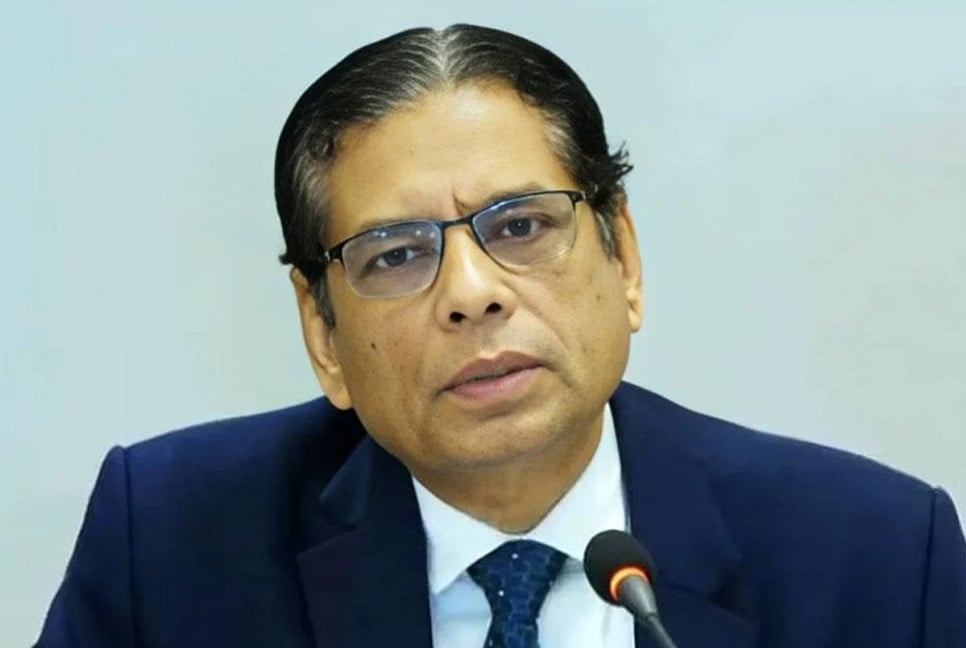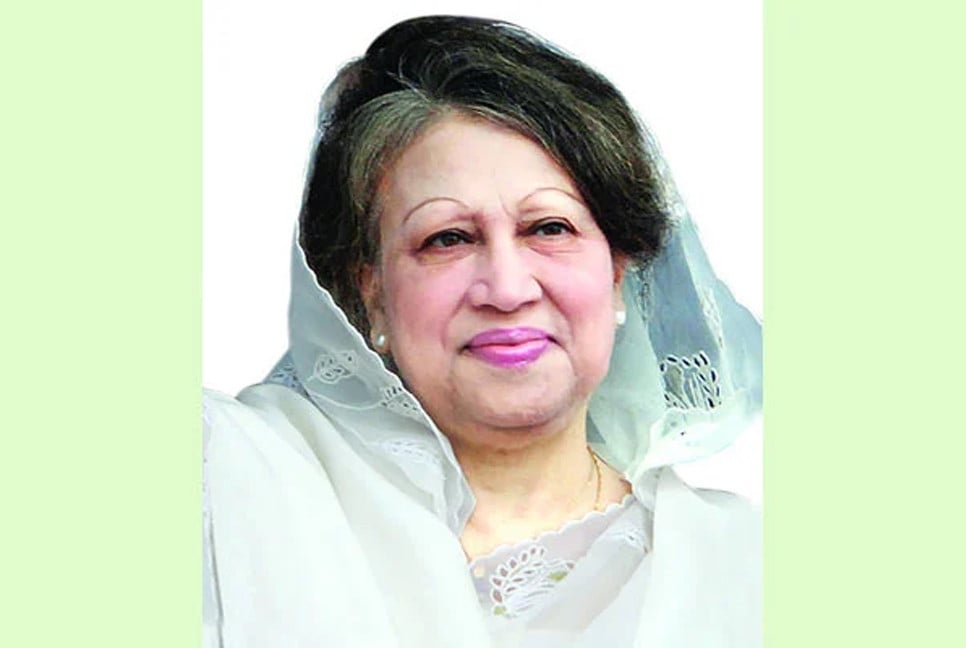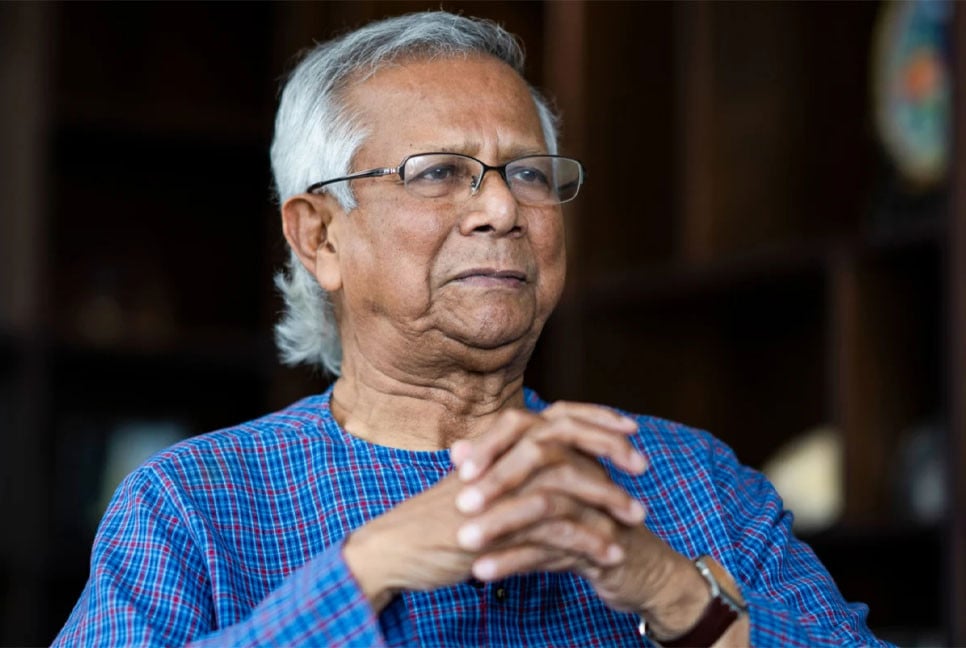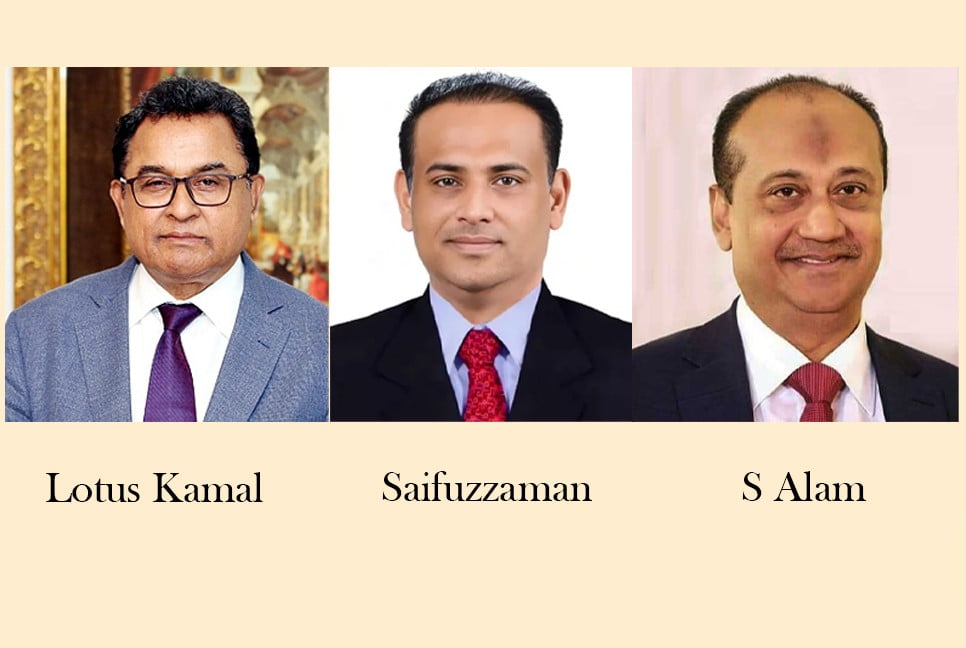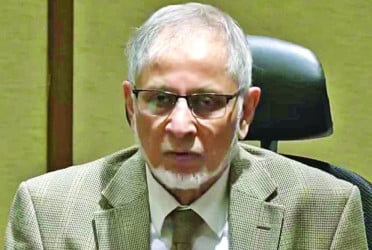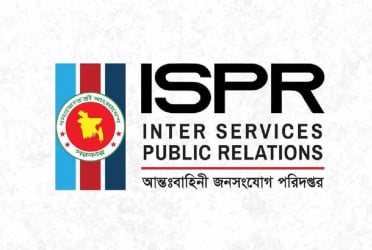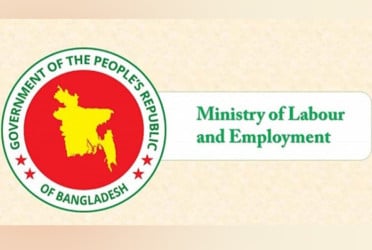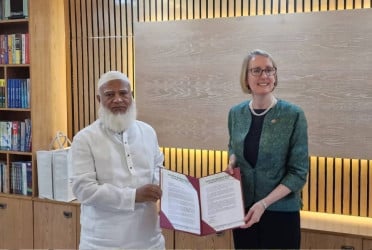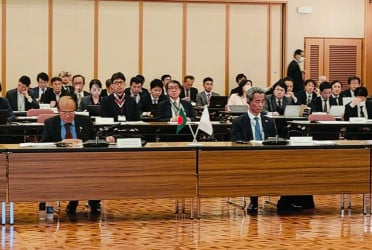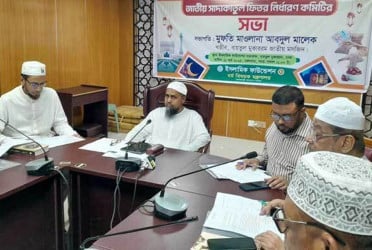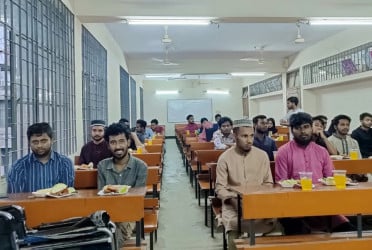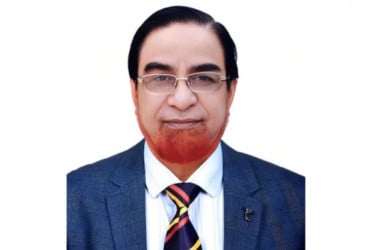The Judicial Reform Commission has recommended converting the National Legal Aid Organization into a directorate to ensure free legal aid to the common people.
The report of the Judicial Reform Commission has also emphasized alternative dispute resolution to reduce the backlog of cases.
The commission report will be submitted to the Dr Muhammad Yunus Wednesday. The report will contain recommendations on 32 issues to ensure transparency in establishing an independent judiciary as well as to make the judicial process more dynamic and effective.
The report, consisting of about 400 pages in one volume, will be submitted to the interim government by an eight-member commission led by retired Justice Shah Abu Naeem Mominur Rahman.
The Judicial Reform Commission report has recommended repealing the Legal Aid Act-2000 and enacting a new law called the ‘Legal Aid and Mediation Services Ordinance’ with provisions for mediation.
The report of the commission on legal aid states that there is no alternative to expanding legal aid activities, increasing its capacity and effectiveness in ensuring access to justice for the common people, especially the low-income or disadvantaged people.
To this end, the organization should be converted into a directorate with the aim of institutionalizing mediation activities throughout Bangladesh by expanding the scope of existing services of the National Legal Aid Organization, creating a platform for resolving cases and disputes through conciliation and mediation in addition to legal aid.
The report states that arrangements should be made to set up the office of the proposed directorate in its own building. Separate buildings or spacious office rooms should be provided for the Supreme Court Legal Aid Office, District Legal Aid Office, Labor Court Legal Aid Office and Chowki Court Legal Aid Office. Adequate number of office rooms, client chambers, and mediation chambers should be set up in each legal aid office. Meeting rooms, libraries, breastfeeding rooms and other administrative rooms should be arranged in those offices.
Regarding alternative dispute resolution, the report states that despite several laws providing for the adoption of various methods of alternative dispute resolution such as arbitration, negotiation, mediation, compromise, etc., like other countries in the world, the implementation and benefits of these methods are not as expected. In light of this reality, the Commission believes that several reforms are needed.
The report states that legal aid officers should be provided with comprehensive training in the country and abroad on providing legal advice, conducting settlement or mediation activities, mediation techniques, client counseling, etc. In addition, it is necessary to repeal the Legal Aid Act, 2000 and enact a timely law containing provisions for legal aid as well as mediation or mediation. The Commission's report also emphasizes the formulation of policies containing provisions and rules for payment of fees to mediators.
The report recommends using the District Legal Aid Office as a 'hub' for mediation, and the human resources structure of the District Legal Aid Office should be restructured and its institutional capacity should be increased. The Judicial Reform Commission has also asked the public to be made aware of the legal services and alternative dispute resolution offered by the Legal Aid Office. For this, the report has asked for extensive publicity initiatives at the national and local levels, including electronic and print media, as well as social media.
Translated by Afsar Munna





